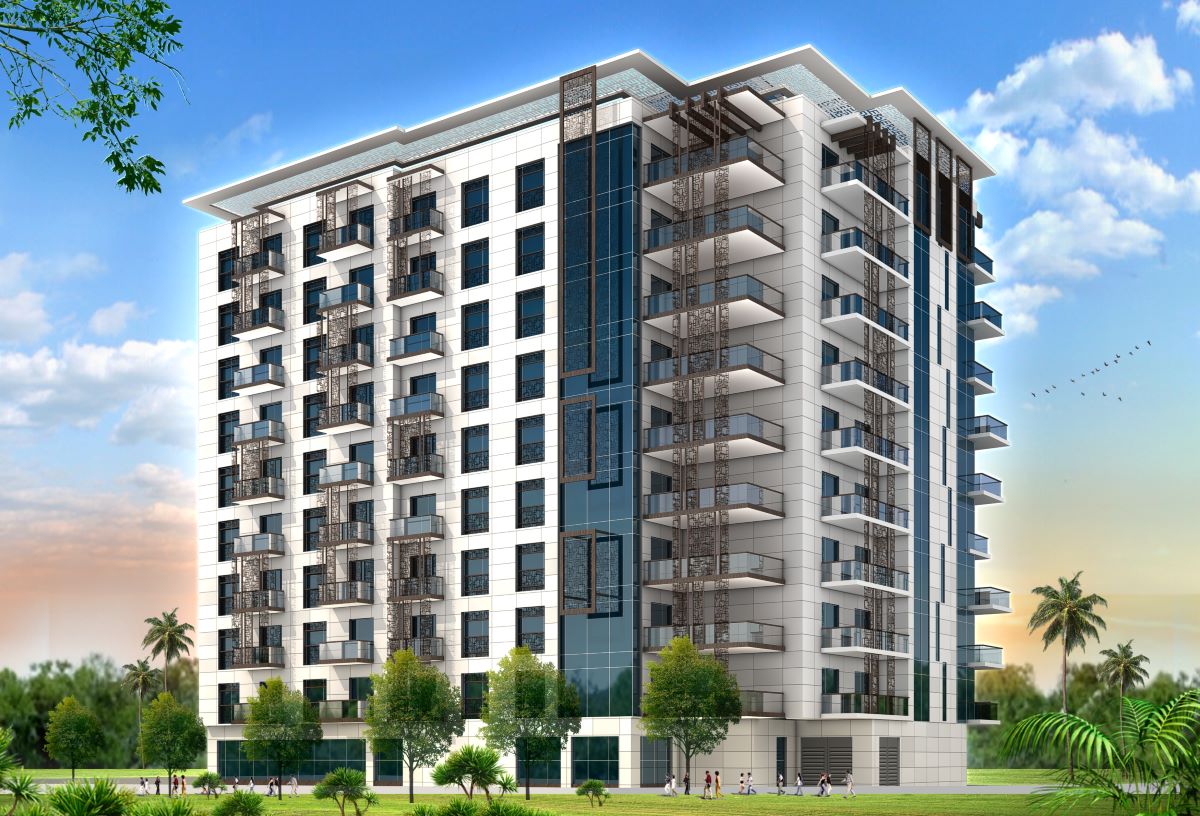
Community managers, including those in community association management, play an essential role in ensuring that residential or commercial properties are well-maintained and running smoothly. One of their key responsibilities involves coordinating maintenance and managing relationships with vendors.
Understanding the Importance of Maintenance
Maintenance in a community setting refers to the upkeep of shared spaces, such as common areas, building structures, plumbing systems, and electrical systems. It also involves responding to requests for repairs and ensuring that all amenities are working properly for residents or tenants.
Keeping Track of Maintenance Requests
One of the first steps for a community manager in handling maintenance is to keep track of the various requests they receive. These can come from residents, property owners, or even other staff members. Managers typically maintain a system either digital or physical that allows them to log and prioritize each request.
Vendor Coordination and Relationships
A key part of the community manager’s role involves working with external vendors who provide specialized services, such as plumbing, landscaping, or cleaning. Since these vendors are often contracted for specific tasks, the community manager is responsible for scheduling their visits and overseeing the quality of their work.
Building strong relationships with vendors is essential to maintaining efficiency and trust. Good community managers understand the importance of regular communication with vendors, providing clear instructions, and monitoring their performance.
Managing Vendor Schedules
Coordinating vendor schedules can be one of the most challenging aspects of a community manager's job. Vendors may work with multiple clients, and their availability can vary. To avoid delays or conflicts, community managers often work closely with vendors to align their schedules with the community’s needs.
Managers may need to be flexible and proactive when unforeseen issues arise, such as emergency repairs or last-minute scheduling changes. They also have to balance vendor appointments with the daily needs of the community. Effective communication with both vendors and residents is key to ensuring that all parties are informed of the schedule and any adjustments that may be needed.
Budgeting and Cost Management
Another critical aspect of vendor coordination involves budgeting and cost management. Community managers work with property owners or management companies to create budgets for maintenance expenses. They negotiate with vendors to secure competitive pricing and keep maintenance costs under control.
Communication with Residents
Finally, community managers act as the bridge between residents and vendors. They make sure that residents are kept informed about any maintenance work that will affect them, such as service interruptions or scheduled repairs. Effective communication helps minimize frustration and ensures that residents understand when and why work is being done.